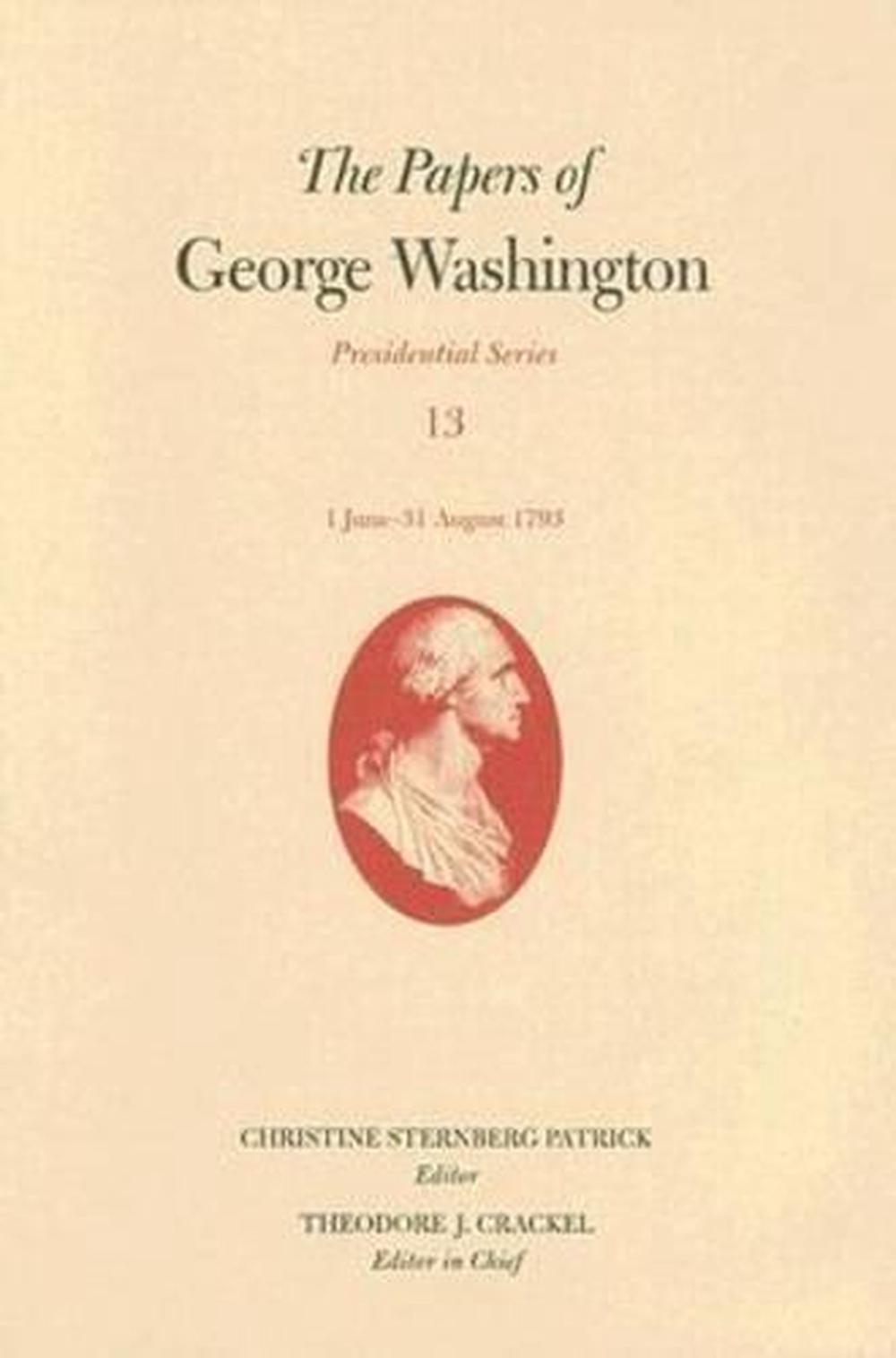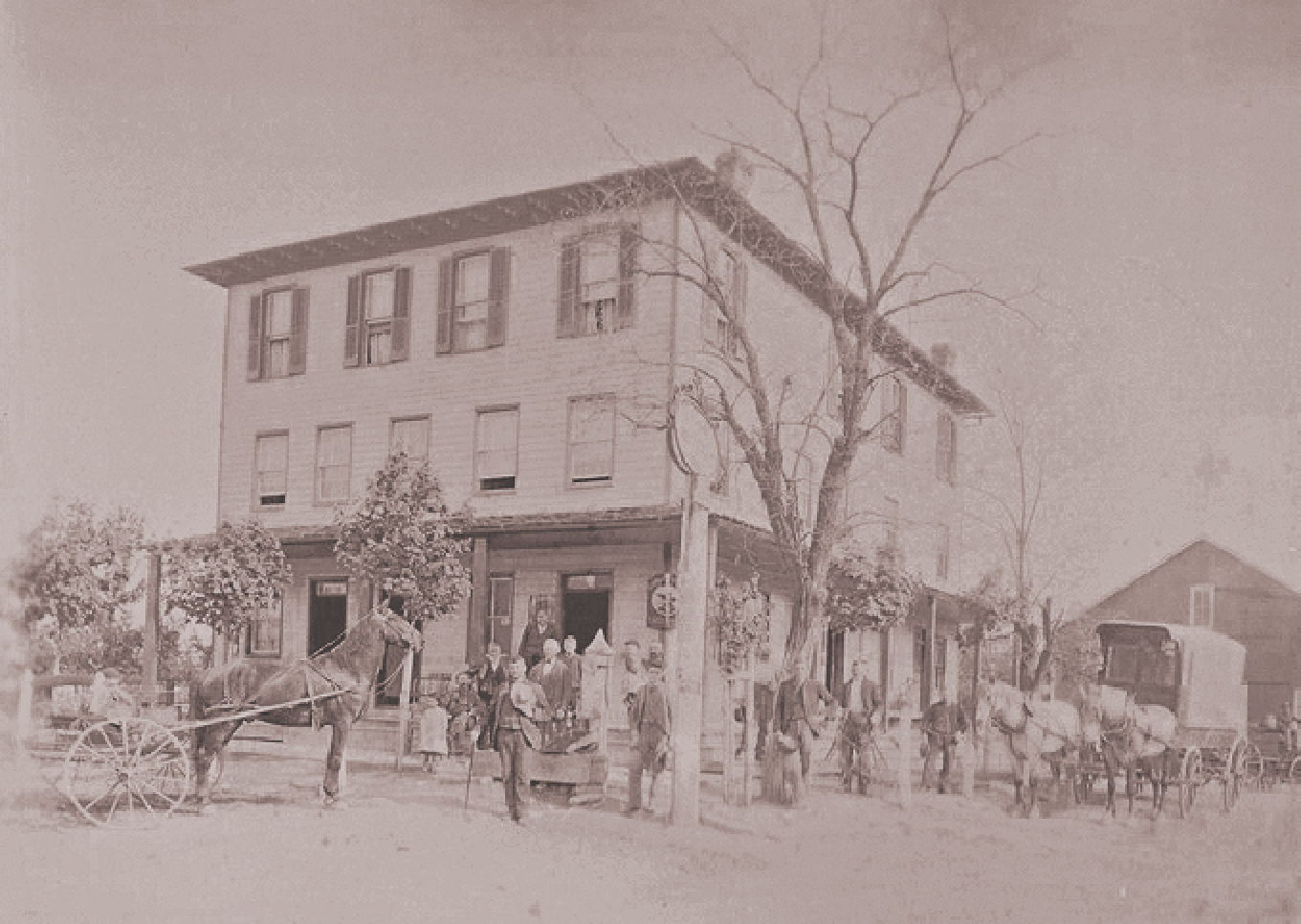

He appreciated the importance of good allies in times of crisis, and understood well the benefits of coordination of ground and naval forces. America could never have won freedom without him.A trained surveyor, Washington mastered topography and used his superior knowledge of battlegrounds to maximum effect. Yet despite his flaws, Washington was a remarkable figure, a true man of the moment, a leader who possessed a clear strategic, national, and continental vision, and who inspired complete loyalty from his fellow revolutionaries, officers, and enlisted men. He was not a professional, but a citizen soldier, who, at a time when warfare demanded that armies maneuver efficiently in precise formation, had little practical training handling men in combat.

He was not an especially creative military thinker he fought largely by the book. He was not an enlisted man's leader he made a point of never mingling with his troops. Washington possessed no great tactical ingenuity, and his acknowledged "brilliance in retreat" only demonstrates the role luck plays in the fortunes of all great men. To Lengel, Washington was the imperfect commander.

Now, in a revealing work of historical biography, Edward Lengel has written the definitive account of George Washington the soldier.Based largely on Washington's personal papers, this engrossing book paints a vivid, factual portrait of a man to whom lore and legend so tenaciously cling. Much has been written in the past two centuries about George Washington the statesman and "father of his country." Less often discussed is Washington's military career, including his exploits as a young officer and his performance as the Revolutionary War commander in chief.


 0 kommentar(er)
0 kommentar(er)
